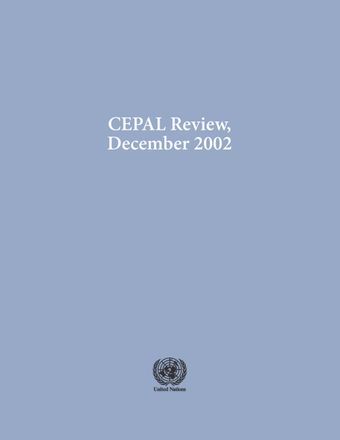-
Making infrastructure reform in Latin America work for the poor
- Source: CEPAL Review, Volume 2002, Issue 78, Dec 2002, p. 101 - 118
- Spanish
-
- 03 Dec 2002
Abstract
Ten years of infrastructure reform in Latin America can teach us a lot about how to make privatization work for the poor. There are macroeconomic and microeconomic transmission mechanisms through which such reform may affect those sectors. This paper discusses policy instruments to increase their access to services and make the latter more affordable for them. The advantages and disadvantages of each instrument are evaluated and examples are given. The ways in which policy-makers should go about setting social priorities in infrastructure reform and choosing the most appropriate policy instruments in each case are then considered. Emphasis is placed on the need for simple and rapid empirical diagnostic tools, and finally it is stressed that a pro-poor reform strategy requires a political commitment from the outset of the reform process and an integrated approach between privatization, social and regulatory policy.





